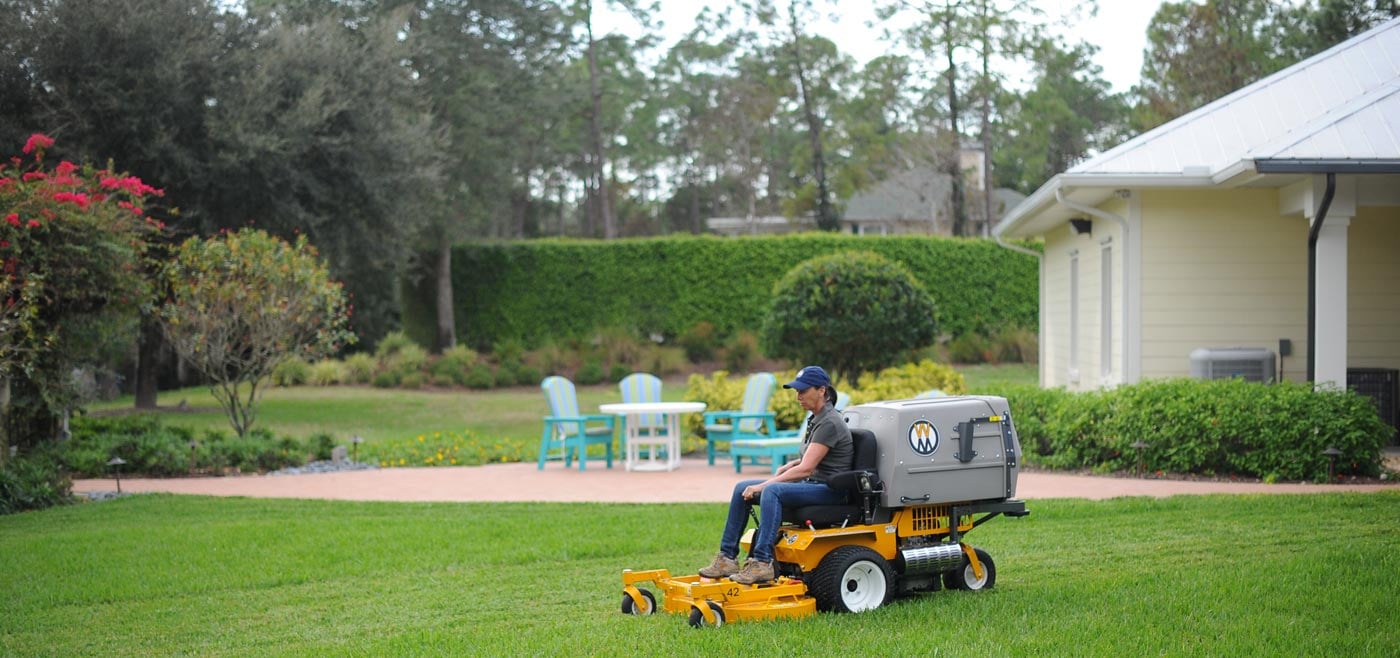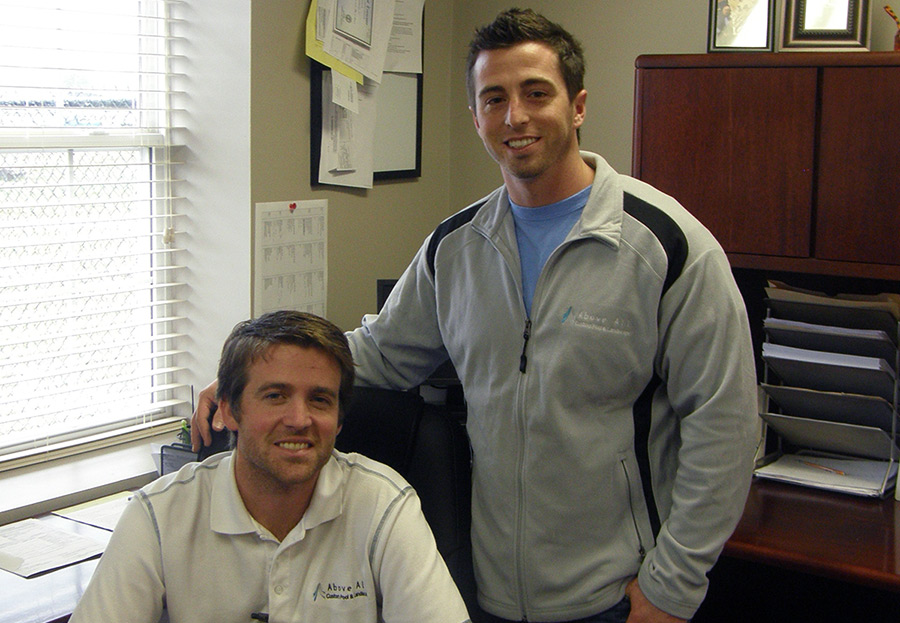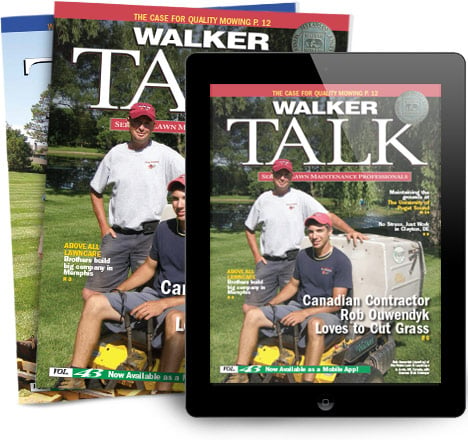Do you have a brand? We're not simply talking about having a creative logo, a catchy tagline, or trucks and uniforms all the same color. No, we're talking about something that truly identifies your company, sets it apart from competition, and hopefully attracts smart, hard-working people to be part of your team.
According to Judy Guido, a longtime green industry consultant, every company has a brand, whether the owner actively promotes it or not. A brand, she emphasizes, is the sum of a company’s parts. It’s everything a company does. It’s the promises a company makes to customers. It is customer expectations and how they’re met. It’s how the services are delivered.
An effective brand, Guido points out, creates both an emotional and economical reason for customers to buy your services and for employees to want to work for you. An effective brand can also enhance your relationship with important stakeholders such as insurance companies, bankers and equipment dealers.
Mistaken Identity
Assume for a moment that you're looking for a new mower, be it a Walker Mower or some other manufacturer. You go to a dealer's website and find what you're looking for. Unfamiliar with the dealer, you take a little road trip, walk into the dealer's showroom, and low and behold, not only do you not see the machine you’re looking for, but you don’t see any merchandising that indicates the dealer even sells and services the brand. Chances are, you may just walk right back out the door.
The dealer created a false expectation and unintentionally misled a potential customer. Something similar can happen to your customers. Say you promote fast, reliable service, but then a would-be customer has to wait two days for an estimate or even a callback. You’ve already let the customer down and tarnished your brand. As Guido re-emphasizes, everything your company does reflects on your brand. How people answer the phone, crew appearance in the field, overall responsiveness and quality of work are but a few key brand drivers.
First Things First
If you have a brand that doesn't seem to be resonating with potential customers, Guido suggests it may be because 1) it doesn’t accurately depict the value of your brand, or 2) you’ve failed to create brand awareness among not only your potential customers, but your employees, as well.
"I ask my clients what Volvo’s brand is. The answer, of course, is safety. What about Nike? The answer is innovation. Then I ask them to come up with one word for their brand. For many, this is a very difficult exercise, but forces owners to really think about their business and service offering and how best to describe it," says Guido.
Can you describe your brand in one word? Maybe it’s expertise, perfection or responsiveness. How about two words, maybe something such as timely service, sustainable solutions or manicured look. Whatever it is, your brand needs to be grounded in reality and accurately reflect the type of service your company offers.
The first people to communicate your brand to are your employees. They need to understand your brand and how important they are in promoting and preserving it.
Timely service, for example, means more than showing up every week at the same time to mow. It also implies being responsive to calls and special requests. Sustainable solutions means more than helping your customers reduce their carbon footprint. It implies that your crews don’t drive around in vehicles spewing dirty exhaust. Your Walker Mower is known for delivering a "manicured" look, but do your crew members look the part, as well?
6 WAYS to measure your brand
So you have a new brand. Business consultant Judy Guido says one way to determine its efficacy is to give it the ACRILE test:
- Actionable: Can you build a strategy around your brand?
- Credible: Does it truly reflect your company?
- Relevant: Can stakeholders relate to your brand?
- Impactful: Does it deliver a call to action?
- Lasting: Will it stand up to the test of time?
- Expandable: Can it be easily incorporated into a logo and truck signage?
Building Your Brand
Logos, taglines and color schemes won’t describe your brand, but they will work to help customers recognize your company. So, too, will signage at projects, being visible around the community, and having an easily accessed and navigable website.
Most landscape contractors, like Tennessee-based Above All Lawncare, rely heavily on word of mouth to build their brands. "Sometimes I think people complicate the branding process," says E.J. Cox, who owns the company with his brother, Blake. "Our brand can be described in two words: responsible and responsive. We do what we say we’re going to do on a property by delivering quality work. And we’re timely. Everyone who contacts us gets a response within 24 hours. It’s very simple: People don’t want to wait.
"Thanks to the internet, customers are smarter today and have easier access to contractors," Cox continues. "You can’t afford to let more than a day pass before responding to an inquiry. You may not be able to come up with an estimate for two or three days, but you can certainly return their call."
Don’t overlook the power of social media either, advises Guido. "Social media allow companies to build brands faster by allowing them to promote their brands virtually 24/7. Companies cannot only build their brands faster, but they can bury them quickly, as well, which is all the more reason to be consistent with who you are and what you do."
Is your brand working for you? "There are many ways to test a brand," adds Guido. "You get constant feedback in terms of overall good comments, even complaints, and special kudos for crews that do an excellent job. Do you have a good reputation? What is your level of awareness within your market and community? They are all indicators of how accurately your brand matches your company and its service offering, and how effectively you’ve been promoting it to your internal and external customers."
Does all of this discussion about branding really make a difference? Do you really need a brand? Guido thinks so, noting that among the benefits is the fact that an effective brand creates differentiation, helps when recruiting employees, and is a more efficient way to grow your business than breaking into a new market or offering a new service. She notes that a brand also has economic value; it’s something to leverage if and when you plan to sell your company.
Judy Guido is founder of Guido Associates, a green industry business management consulting company in California. She can be reached at 818-800-0135 or by emailing jmgjuido@sbcglobal.net.






 Site Search
Site Search



